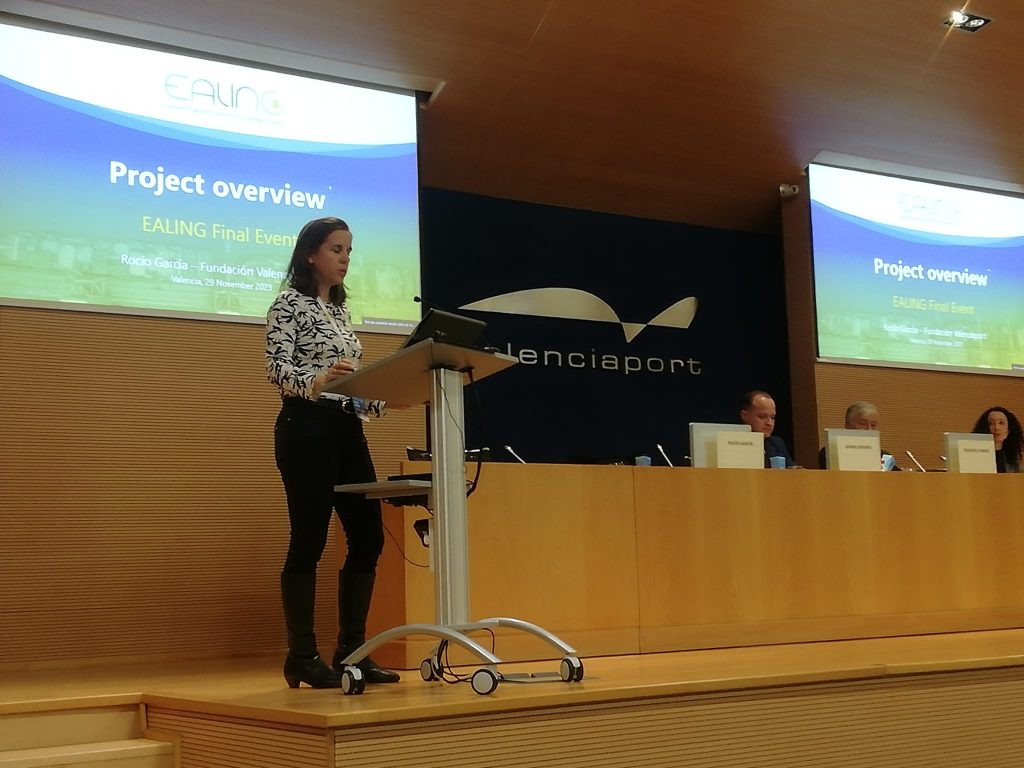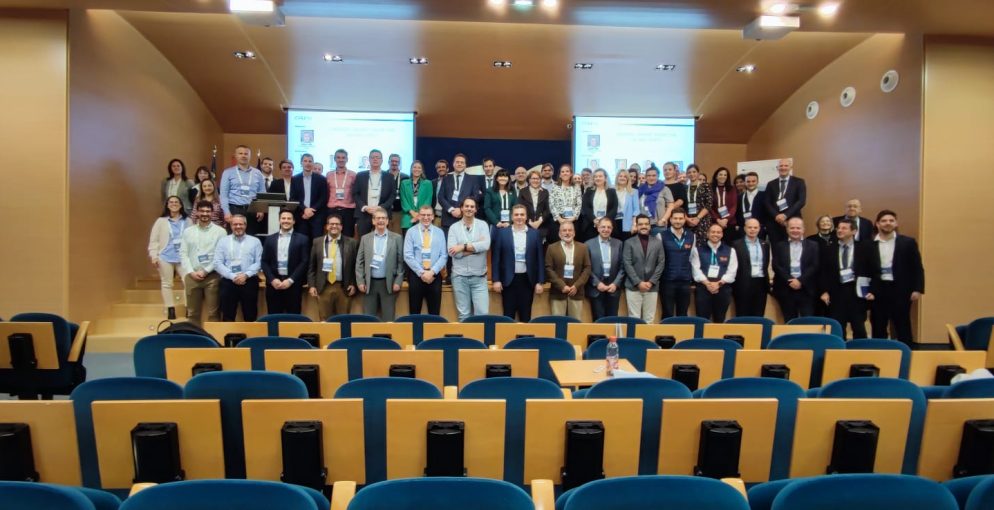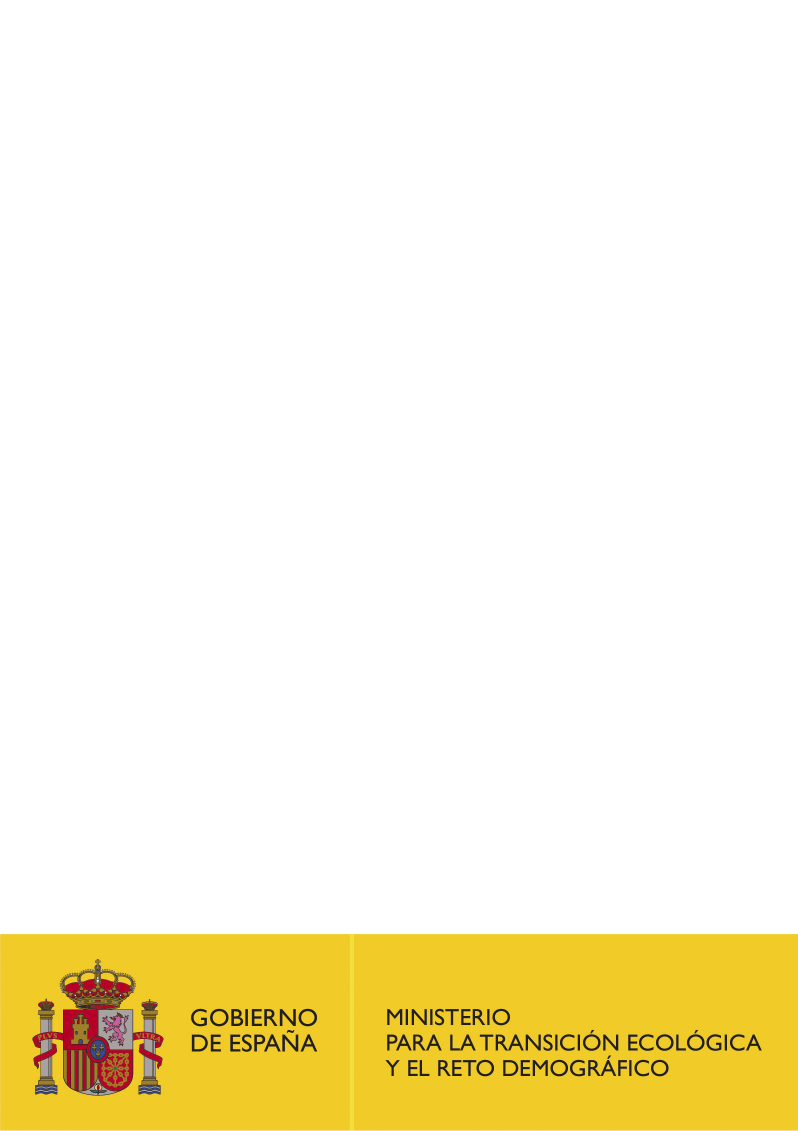- These studies were presented during the final conference held at the end of November in Valencia.
- Within the framework of this initiative, technical, environmental and financial studies have been carried out, among others, which will allow the implementation of more than 30 ship power supply installations in 16 ports of the European Union from 2024 onwards.
Valencia, 19th December 2023. – The final conference of the EALING (European flagship action for cold ironing in ports) project, co-financed by the Connecting Europe Facility (CEF) programme and coordinated by Fundación Valenciaport, took place on 29th November, with the aim of accelerating the deployment of electricity supply to ships in European ports.
The initiative, fully aligned with the European Union’s climate neutrality objectives for 2050, has consisted of carrying out different studies related to the installation in port of electricity supply systems for ships, also known as Onshore Power Supply (OPS) or Shore-Side Electricity (SSE), which will contribute considerably to reducing emissions from ships in the port environment.
Throughout the day, the main results of the project were presented, including the completion of the technical studies, mainly engineering, environmental and financial studies that will allow 16 EU ports to launch tenders for the works for the installation of electricity supply to ships from 2024.
In addition, the results of the analyses carried out in the cross-cutting activities of the project were presented. On the one hand, the study of the regulations (local, regional, national and European) that directly or indirectly affect the ports of the consortium when implementing the SSE was presented. On the other hand, the results of the analysis carried out in relation to the applicable standards and regulations for the implementation of the SSE in ships were shared, taking as a reference the ships calling at the ports of the consortium. These analyses, together with the engineering and internal review work implemented by the partners during the 42 months of the project, and the interactions that have taken place with the key actors of the sector, have also allowed the elaboration of a series of final recommendations for the effective deployment of electricity supply to ships in EU ports.
Among the many recommendations proposed are to use the revenue from the inclusion of shipping in the EU Emissions Trading Scheme (ETS) to increase public funding for the installation of OPS systems in European ports; to develop detailed energy demand studies at port level to properly size installations; extend the EU’s MRV Thetis system, and the International Maritime Organisation’s (IMO) DCS (Data Collection System) by extension, to include ships’ electricity consumption, characteristics and other information such as berthing time; develop a BSS information platform showing ports’ installed capacity and operational conditions in real time to facilitate their rapid adoption and operation; and develop a publicly accessible repository of BSS-ready ships and their characteristics.
Other recommendations to be highlighted are to review the IEC/IEEE standard, especially for LVSC (Low Voltage Shore Connection), and to limit the voltage options provided to reduce uncertainty about the electrical equipment needed on board; to ensure safe operations through the checklists provided by the IMO; facilitate the involvement of port authorities in the development and operation of their electricity distribution systems to supply the necessary quantities of electricity to their end-users; and finally, include in the tenders only the main requirements and let suppliers innovate and propose in their tenders the best technical solutions, so as not to exclude other viable solutions not initially envisaged by the tenderers.
All recommendations, as well as the overall results of the initiative, are available on the project website.
On a general level, EALING has allowed progress to be made in the establishment of a harmonised and interoperable framework to facilitate the implementation phase of the SSE infrastructures in the ports of the consortium. In fact, thanks to the initiative, these ports have carried out all the technical, financial and environmental studies necessary for the implementation of more than 30 SSE equipment and infrastructure works from 2024.
EALING Consortium
The EALING project has involved 22 entities from 9 countries; Spain, Germany, Greece, Italy, Romania, Slovenia, Ireland, Portugal and Bulgaria. In addition to the Fundación Valenciaport, coordinator of the project, the following partners have participated in the project: Bulgarian Ports Infrastructure Company, Circle, Symbios Funding & Consulting, Ocean Finance, Protasis, Hydrus Engineering Limited, Marine Institute and Fincantieri SI, and the port authorities of Valencia, Barcelona, Gijón, Huelva, Rafina, Piraeus, Venice, Ancona, Trieste, Koper, Constanza, Leixoes, and Azores.



